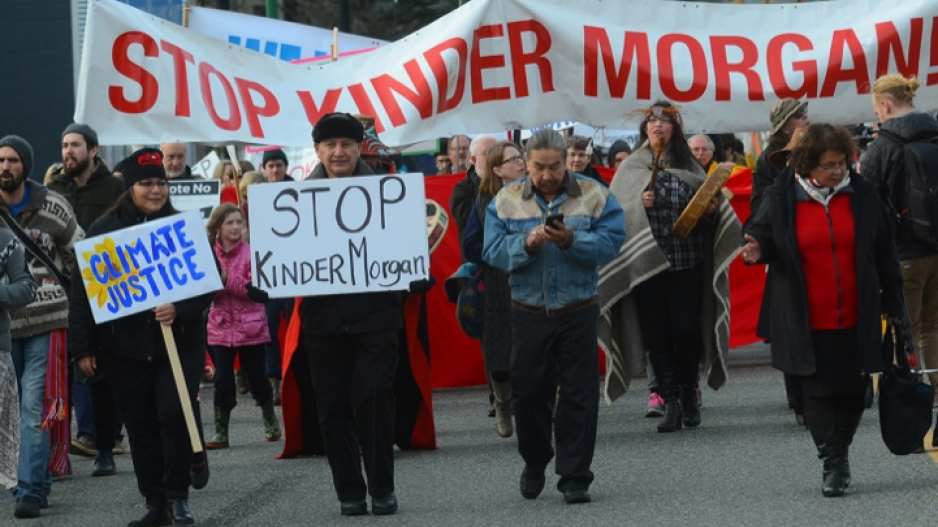Jason Kenney’s win in Alberta is a blow to Canada’s climate change policies. As a major emitter, thanks to its oil and gas industry, getting Alberta onside with strong climate change policies was key to Canada’s commitment to the Paris Agreement.
There was an agreement between the Rachel Notley and Justin Trudeau governments that, in exchange for a pipeline – the Trans Mountain expansion – Alberta would deliver real climate change policies.
Notley lived up to her end of the bargain, with the introduction of a carbon tax, an emissions cap on the oil sands, and a promise to phase out coal power. She delivered a well-designed carbon tax that was supported by major oil companies in Alberta like Suncor and Canadian Natural Resources Ltd., said Chris Ragan, an economist at McGill University and chairman of the Ecofiscal Commission.
“To me the bigger picture is she proved you could do a policy like this and that it could be implemented and it could work well,” he said. “Alberta is not just any province. Alberta is a province where carbon pricing is as important as it anywhere else, but it’s a little bit harder to do well, and Rachel Notley did it well.”
But if all of Notley’s climate change policies are now swept aside, University of BC political science professor Richard Johnston wonders what that might mean for the Trueau government’s commitment to completing the twinning of the Trans Mountain pipeline.
“We do have a few more months of a Liberal government, and if they are re-elected, how obliged are they going to feel about Trans Mountain?” Johnston said. “Trans Mountain was part of the deal for the carbon tax.
“And one thing that I found upsetting about many environmentalists’ response to Trans Mountain was that they lost their grip on the bigger picture. To me the carbon tax was the thing.
“If the Conservatives win the federal election with an outright majority, these guys could undo a generation’s worth of really serious, considered, intelligent policy making.”
Kenney has vowed to scrap Alberta’s carbon tax, although he has said he would implement a levy on heavy industrial emitters.
Once the Alberta carbon tax is scrapped, a federal backstop will kick in, but at $20 per tonne, it is $10 per tonne less than Alberta’s.
B.C. will be back to having disproportionately higher carbon pricing than its next-door neighbour.




